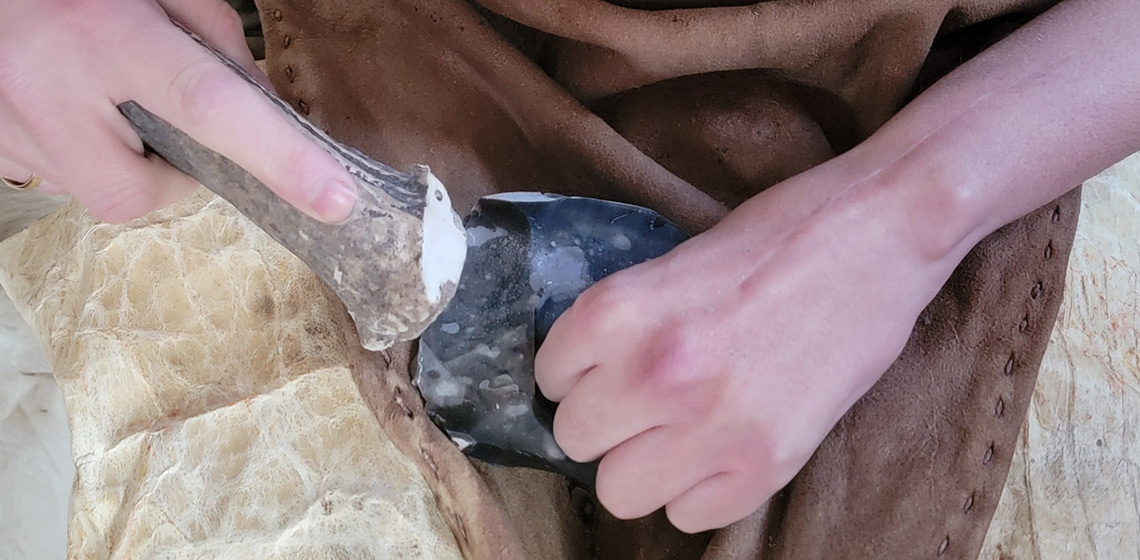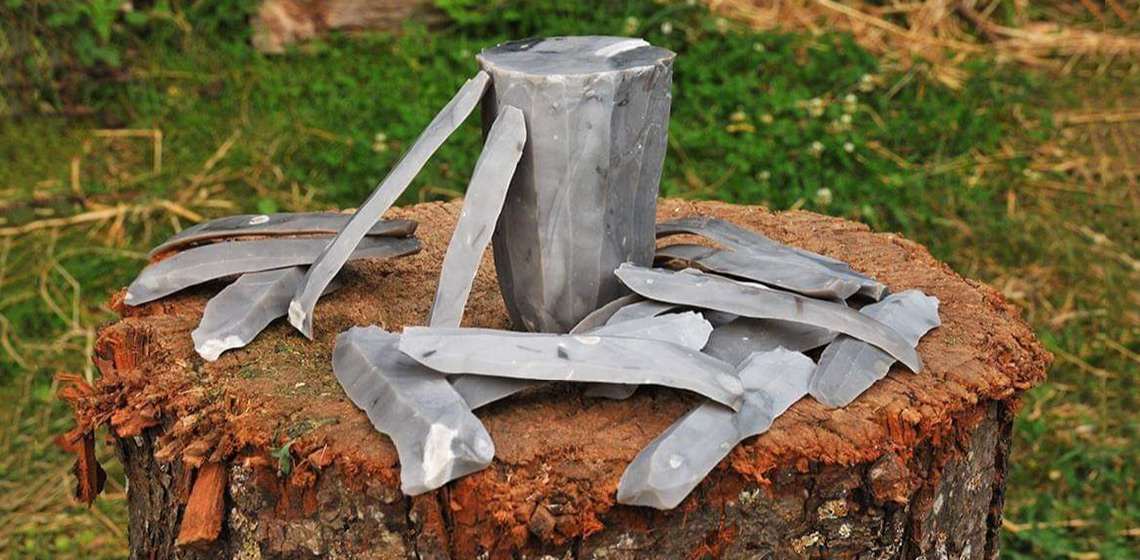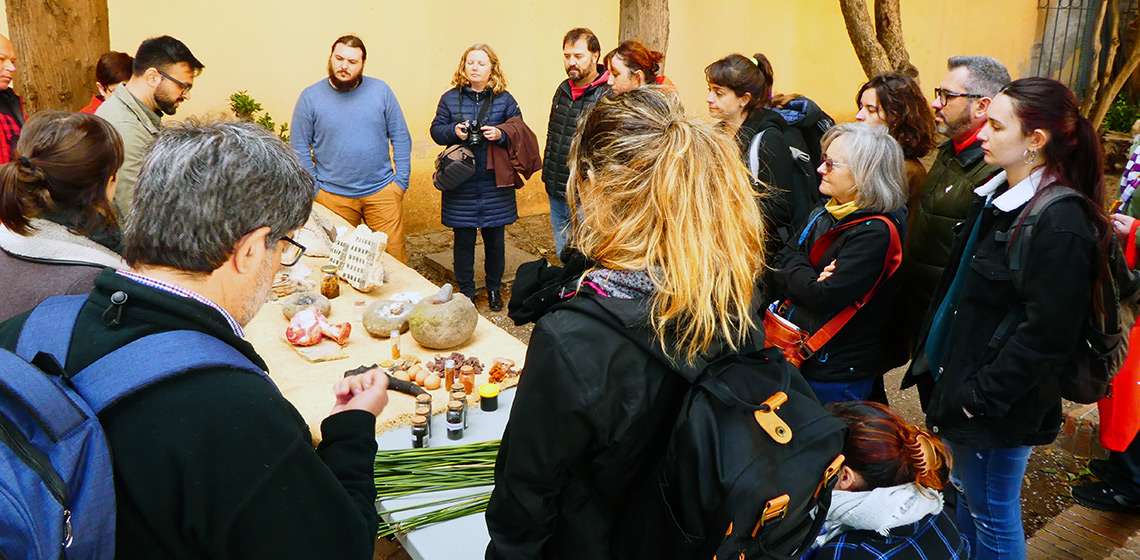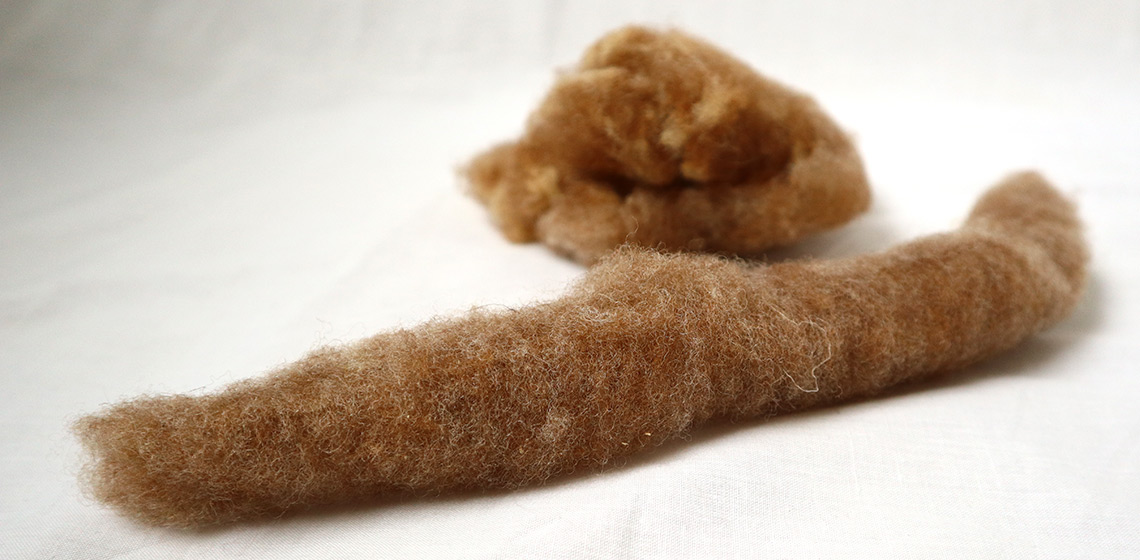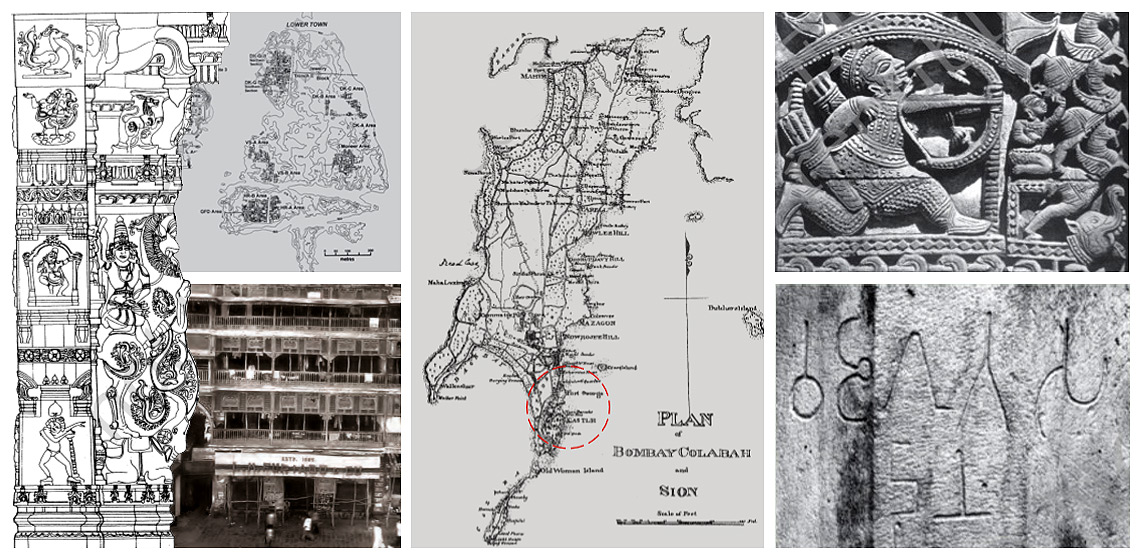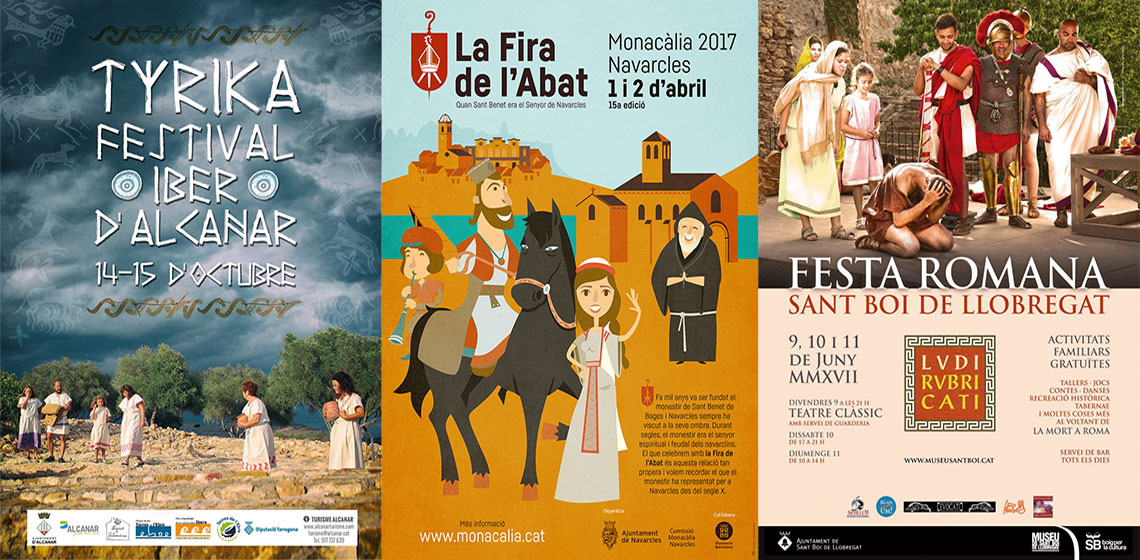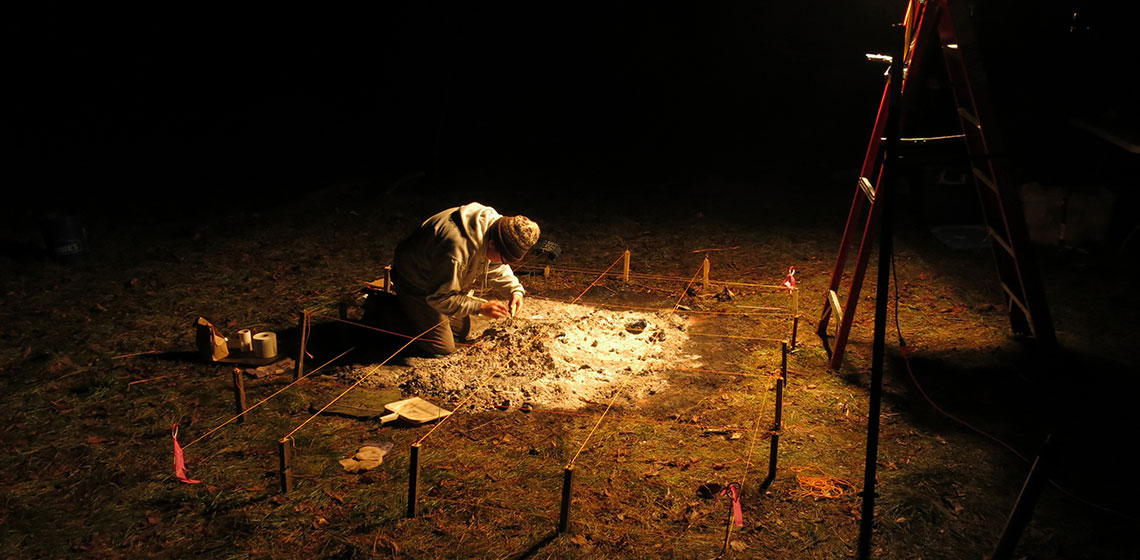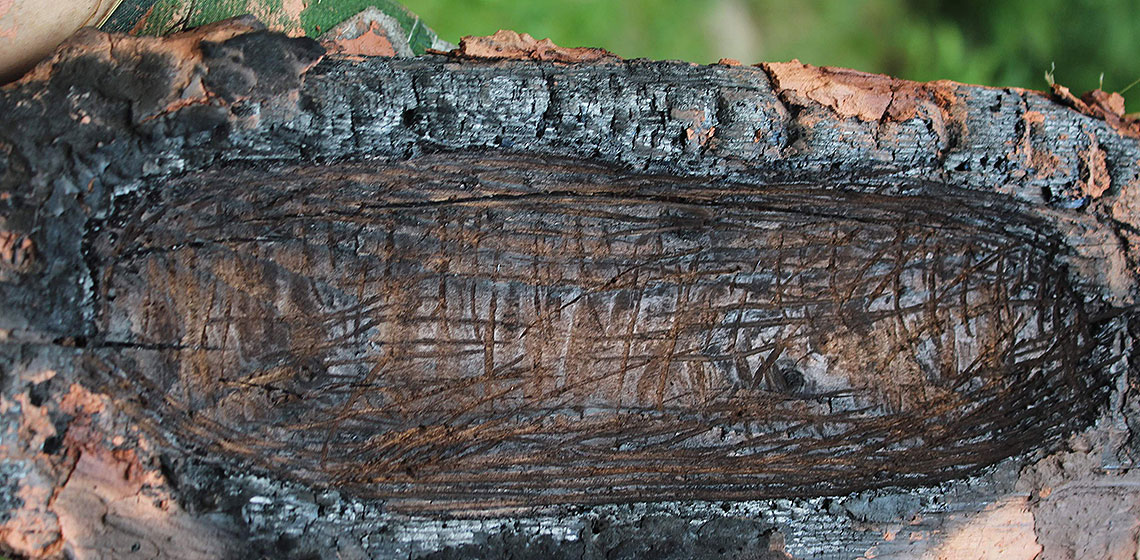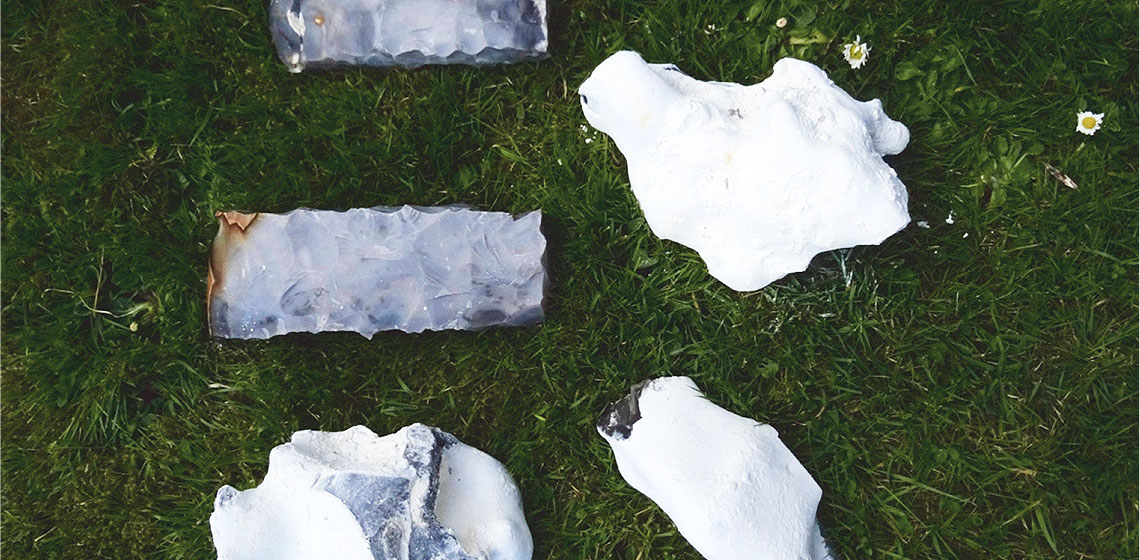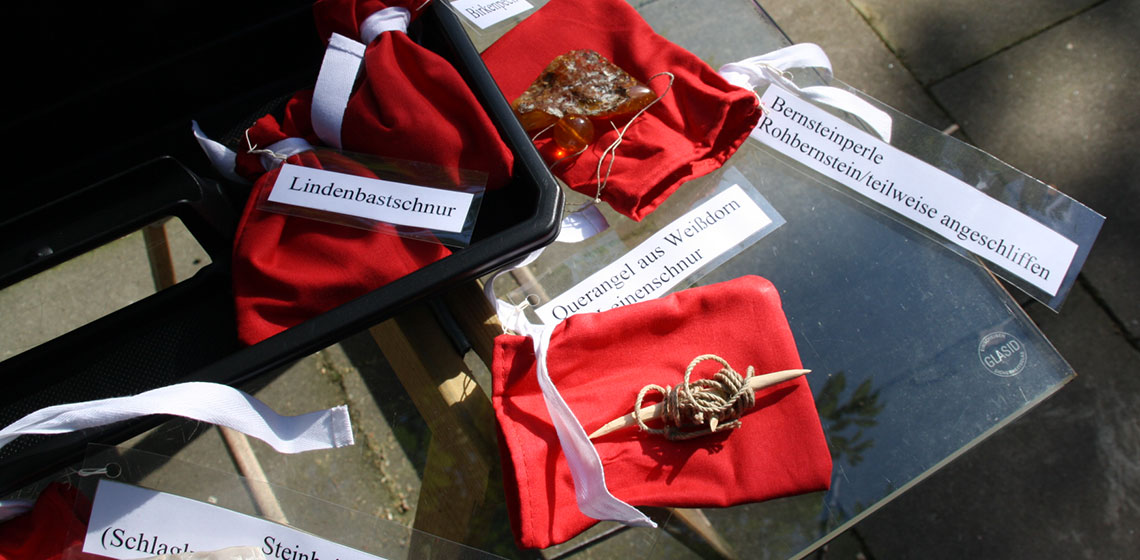teaching
Disability, Living history and Experiential Archaeology
Publication Date
Disability and the presence of disabled individuals in prehistory and history is well established, attested through the archaeological record as well as in available contemporary written accounts. What seems less self-evident is how the presence of disabled individuals in a particular setting should be interpreted; practically, socially and in terms of the social agency where disabled individuals are concerned...
Let the Chips Fall Where They May: Evaluating the Impact and Effectiveness of Video Resources for Knowledge Transfer in Flint Knapping
Publication Date
Knowledge and know-how: The ‘how’ of knowledge transferal continues to be a question in prehistoric archaeology, especially in relation to early hominid development. Has the transferal process been greatly affected by our so-called modern world and its technological advantages? Have the current modes of communication enhanced and eased the transfer of knowledge? As visualization is a key element...
Experimental Archaeology in the Museum of Archaeology of Catalonia
Publication Date
11th EAC Trento 2019
***The Museu d'Arqueologia de Catalunya (MAC) was created under the Museums of Catalonia Act in 1990 by the Department of Culture of the Government of Catalonia. Its foundation dates back to 1932. The museum carries out various activities related to Experimental Archaeology projects in the fields of both education and research...
***The Museu d'Arqueologia de Catalunya (MAC) was created under the Museums of Catalonia Act in 1990 by the Department of Culture of the Government of Catalonia. Its foundation dates back to 1932. The museum carries out various activities related to Experimental Archaeology projects in the fields of both education and research...
Experimental Archaeology and Tacit Learning: Textiles in the Classroom
Publication Date
Archaeology benefits from the integrated approaches generated from experimental archaeology and tacit learning because they afford a deeper exploration of our interpretations of the archaeological record. Though these benefits are generally supported by the discipline at large, experimental and experiential studies tend to remain interesting rather than influential. Introducing pedagogical practices which use these...
Indian Students’ and Teachers’ Perceptions and Attitudes to Archaeological Content in History Textbooks
Publication Date
History is a record of past events, activities, situations, and processes. As a subject, it helps students in understanding not only who they are and where they came from, but it also offers them an opportunity to make informed decisions about present issues and future developments. History also teaches responsible citizenship, and develops critical thinking and problem-solving skills...
Current Trends in Annual Historical Re-Enactments Events in Catalonia. Uses of Cultural Heritage
Publication Date
The project “Re-enactments events in Catalonia” seeks to identify and analyse annually occurring events that make use of cultural heritage and history for the purposes of tourism, economic promotion and dissemination, and for other festive, recreational or educational ends. The activity programmes of all active events currently held in Catalonia were analysed and quantitative data provided in order to...
Experimental Approaches to Student Success
Publication Date
10th EAC Leiden 2017
***An undergraduate student who hopes to secure meaningful work or pursue graduate studies needs to have excellent grades. This is true for all disciplines, but especially for niche fields like archaeology. Grades alone, however, are rarely enough. Employers and graduate schools seek candidates that are not only ‘book smart’ but who have...
***An undergraduate student who hopes to secure meaningful work or pursue graduate studies needs to have excellent grades. This is true for all disciplines, but especially for niche fields like archaeology. Grades alone, however, are rarely enough. Employers and graduate schools seek candidates that are not only ‘book smart’ but who have...
Experimental Archaeology in Latvia: some Possibilities for Future Development
Publication Date
Experimental Archaeology in Latvia, during the past years has acquired a new direction. Although it has a long history of experimental reconstruction, best known for the excavation and rebuilding of the Late Iron Age Latgallian settlement in Āraiši by Dr. Jānis Apals, in last years, after the initiative of the current author...
Recycled Flint Cores as Teaching Tools: Flintknapping at Archaeological Open-Air Museums
Publication Date
This article examines the art and craft of flintknapping and how the OpenArch project has influenced the way in which this specialized body of craft-knowledge can be most efficiently presented to the public, but additionally—and more importantly—how making the most of teaching opportunities can convey a deeper interpretation to the museum-goer...
A Different Look at the Past - a Tour with Objects at the Archaeological Open-Air Museum Oerlinghausen
Publication Date
Due to the inclusion program at schools in North Rhine Westphalia, the need arose to organise guided tours through the museum in such a way that visually impaired participants could be included in the experience. The idea was to offer an additional level of experiencing information through touch, by creating individual purpose-made objects...

